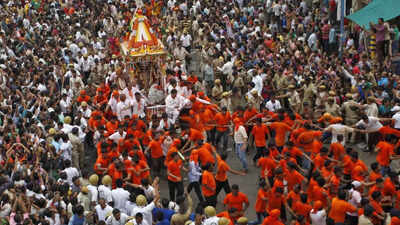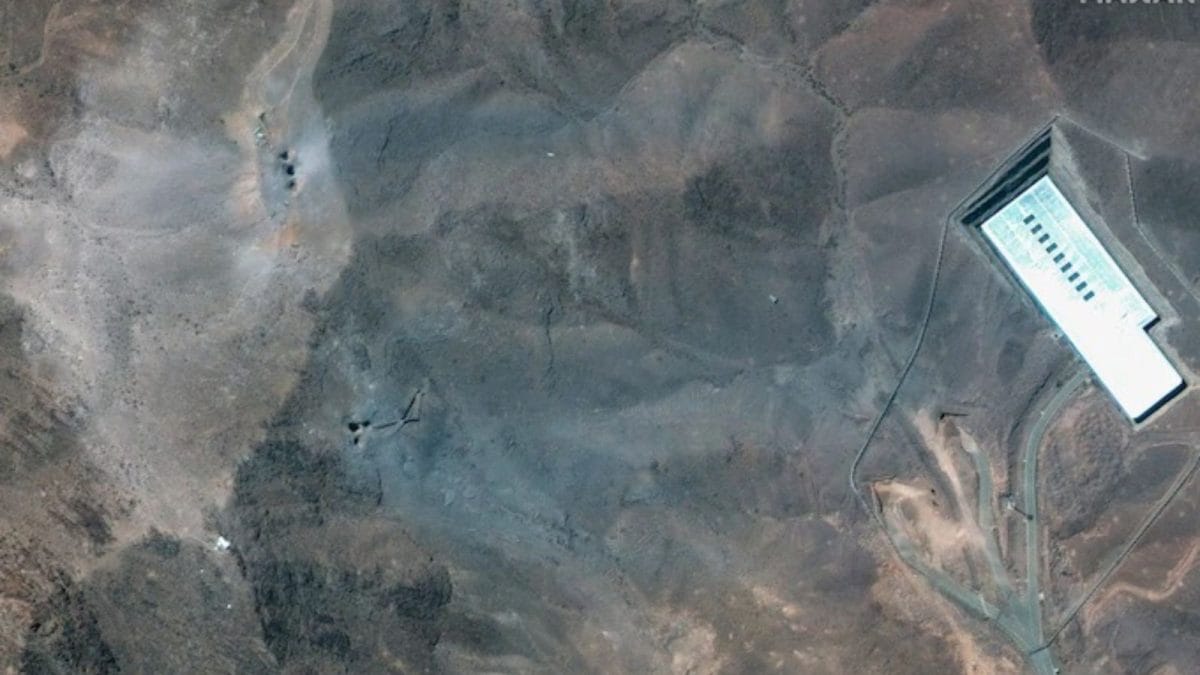ARTICLE AD BOX

Why a muslim devotee is remembered in Lord Jagannath’s Rath Yatra
The Rath Yatra is—vibrant and spiritual celebration observed across South Asia, especially in India, Nepal, Bangladesh, and Sri Lanka. Rooted in ancient Hindu traditions, the festival involves the grand public procession of deities on massive, beautifully decorated chariots.
The festival usually begins on the second day of the bright fortnight of Ashadha (Ashadha Shukla Dwitiya) and concludes on the tenth day (Ashadha Shukla Dashami).Rath Yatra is tied to various folk stories and myths. There is one such story that still inspires the devotees of Lord Jagannath: the tale of Subalega, a Muslim devotee whose devotion and faith have a profound impact on the Rath Yatra. He is one of Odisha’s most revered devotional poets and holds a unique and timeless place in the hearts of Lord Jagannath’s followers.
Born around 1607–1608 AD, his life’s story is not only one of faith but also of transformation, resilience, and spiritual awakening that transcended religious boundaries.
Sablega’s introduction to Lord Jagannath
According to the Odisha Review (October 2015), Sablega was the only son of a Mughal Subedar who forcibly married a widowed Brahmin woman, and Salabega was born from this union. He was raised in a Muslim household under his father’s influence and later joined his father's military expeditions at a young age.
However, things took a drastic turn when Salabega was severely wounded in battle. As he lay on the brink of death, his mother, still connected to her Hindu roots, urged him to chant the name of Lord Krishna.
He obeyed, and he recovered. This life-changing experience began his curiosity and quest for gratitude and spiritual curiosity. In order to understand the divine power that had saved him, Salabega began exploring Hinduism through his mother; he came to know that Lord Jagannath of Puri is considered an incarnation of Lord Krishna.
Bhakti without barriers: Salabega’s timeless devotion to Lord Jagannath
After learning the whereabouts of Lord Jagannath and the festival Rath Yatra, Sablega decided to set foot in Vrindavana, where he lived the life of an ascetic in the association of Sadhus reciting bhajans in honour of Lord Sri Krishna. He returned to Puri, desiring to see the Ratha Yatra festival of Lord Jagannath, but on the way, he suddenly fell ill. He offered prayers to Lord Jagannath, petitioning Him to wait until he arrived.
On the day of the Return Car festival, Nandighosa, the car of Lord Jagannath, did not move until Salabega’s arrival. The place where the car remained stationary to give darshan to Salabega, who was later used by Salabega for composing his many bhajans in honour of Lord Jagannath. His body was cremated there after his death. standing on the Grand Road in Puri near Balagandi. In honour of him, every year during the car festival, the car of Lord Jagannath stays for a while near his Samadhi.The Bhakti by Sablega defines faith and spirituality beyond religion. He expressed his devotion for Lord Jagannath by pouring his soul into heartfelt bhajans (devotional songs) that remain timeless. With each verse, Salabega expressed an unshakable love, longing, and surrender to the Lord—feelings so genuine that his compositions continue to resonate with devotees even today. His songs are still sung in the streets and temples of Puri and across Odisha, especially during Rath Yatra, filling the air with echoes of divine love.



.png)
.png)
.png)
















 5 hours ago
5
5 hours ago
5









 English (US) ·
English (US) ·